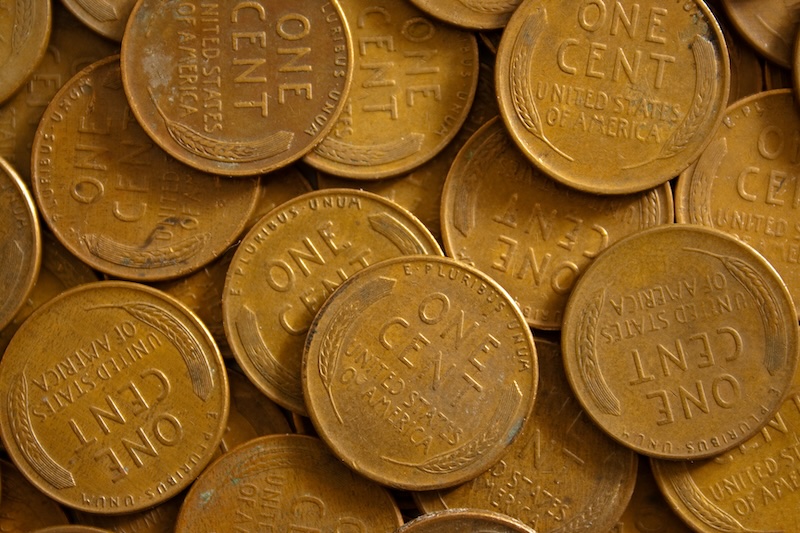Coin collecting, also known as numismatics, is a hobby that has captivated the interest of many for centuries. However, it is more than just a pastime; it is also a potential investment opportunity. For those looking to diversify their investment portfolio, understanding the intricacies of coin collecting can be highly beneficial. This guide aims to provide investors with valuable insights into the world of coin collecting, covering essential topics and answering critical questions.
Why Invest in Coins?
Coins are not just pieces of metal; they are historical artifacts that tell stories of the past. Investing in coins can be a lucrative endeavor, but it’s essential to understand why they make a good investment:
- Intrinsic Value: Many coins are made of precious metals such as gold and silver, which have intrinsic value.
- Historical Significance: Coins often have historical and cultural significance, making them desirable to collectors.
- Limited Supply: Coins are typically minted in limited quantities, which can increase their value over time.
- Portfolio Diversification: Holding physical assets like coins can diversify your investment portfolio.
What Types of Coins Should Investors Consider?
Not all coins are created equal. As an investor, it’s crucial to focus on certain types of coins that are known for their investment potential:
- Rare Coins: Coins with low mintage numbers or those that are scarce in circulation.
- Gold and Silver Bullion Coins: Coins made from precious metals, which are valued based on their metal content.
- Commemorative Coins: Coins issued to commemorate significant events or anniversaries.
- Historical Coins: Coins from particular historical periods or those associated with significant historical events.
How to Evaluate the Value of a Coin?
Determining the value of a coin involves several factors. Investors should consider the following criteria when evaluating coins:
| Factor | Description |
|---|---|
| Condition | Grading a coin’s condition is crucial; a higher grade typically means a higher value. |
| Rarity | The scarcity of a coin often dictates its value in the market. |
| Demand | The popularity of certain coins can increase their market value. |
| Historical Significance | Coins with historical importance may be valued higher. |
Where to Buy Coins?
Investors have several options when it comes to purchasing coins. It’s important to buy from reputable sources to ensure authenticity:
- Coin Dealers: Professional dealers often have a wide selection of coins and can provide expert advice.
- Auctions: Coin auctions can offer rare and valuable coins but require careful research and bidding strategies.
- Online Marketplaces: Websites like eBay offer a vast marketplace for coins, but buyers must be cautious of counterfeit items.
- Coin Shows: Events where collectors and dealers gather, providing opportunities to buy, sell, and trade coins.
Risks and Challenges in Coin Investing
Like any investment, coin collecting comes with its risks and challenges. Investors should be aware of potential pitfalls:
- Counterfeit Coins: Fake coins can be challenging to identify and pose a significant risk to investors.
- Market Volatility: The value of coins can fluctuate based on market demand and economic conditions.
- Storage and Insurance: Properly storing and insuring coins is essential to protect them from damage or theft.
- Lack of Liquidity: Selling coins quickly at their market value can sometimes be difficult.
Conclusion
Investing in coins can be a rewarding venture, offering both financial and historical value. By understanding the types of coins to invest in, evaluating their worth, and purchasing from reputable sources, investors can make informed decisions and potentially reap significant returns. However, it is crucial to remain vigilant about the risks involved and to continuously educate oneself about the numismatic market. With the right approach and knowledge, coin collecting can be a valuable addition to any investment portfolio.
